The concept of India's first fully vegetarian airport in Vadodara has sparked both enthusiasm and skepticism since its inception. Operated by the Airports Authority of India (AAI), this groundbreaking initiative aligns with Gujarat's cultural ethos, where vegetarianism is deeply rooted in religious and social practices. However, the sustainability of such a niche business model raises complex questions about economic viability, passenger inclusivity, and long-term operational adaptability in an increasingly globalized aviation sector.
Cultural Alignment vs. Commercial Realism
Vadodara Airport's vegetarian-only policy undeniably resonates with local demographics. Gujarat boasts one of India's highest vegetarian populations, with nearly 45% abstaining from meat according to government surveys. The airport's prohibition extends beyond food outlets to include a complete ban on meat products in passenger luggage—a regulation that has drawn criticism from civil liberties groups but finds support among Jain and Hindu communities. This cultural congruence provides initial market traction, yet aviation analysts question whether such specialization can sustain profitability as passenger volumes grow. Major Indian airports derive 30-40% of non-aeronautical revenue from food and beverage sales, with international chains like McDonald's and KFC consistently outperforming local vegetarian vendors in per-square-foot earnings.
The airport's location presents both advantages and constraints. Situated in an industrial city rather than a tourist hotspot, Vadodara primarily serves domestic business travelers. While this reduces immediate pressure to cater to diverse culinary preferences, it limits the potential for scaling premium dining experiences that drive profitability at hubs like Delhi or Mumbai. Early operational data reveals an interesting pattern: vegetarian fine-dining outlets show 22% higher average spends compared to quick-service counters, suggesting that quality positioning may offset the absence of meat-based premium options.
Supply Chain Innovations and Hidden Costs
Proponents highlight the simplified supply chain as a sustainability advantage. With no requirement for separate cold storage or handling facilities for meat products, the airport reportedly achieves 18% lower energy consumption in food logistics compared to similarly sized facilities. Local sourcing partnerships with organic farms in Gujarat's Saurashtra region have reduced food mileage by 60% for fresh produce. However, these gains come with trade-offs. The specialized vegetarian supply chain lacks the redundancy of conventional airport provisioning systems, creating vulnerability during seasonal crop failures. Last year's unseasonal rains in Gujarat caused a 40% price surge in organic vegetables, forcing vendors to either absorb losses or pass costs to consumers.
Labor dynamics present another paradox. While vegetarian operations require fewer hygiene certifications (no need for meat-handling training), staffing costs run 12-15% higher due to the premium paid for chefs skilled in elevating plant-based cuisine. The airport's insistence on 100% vegetarian staff—including non-food handlers—has also led to legal challenges regarding employment discrimination. These factors contribute to operating expenses that are 8% above industry benchmarks for regional airports, according to AAI's own disclosures.
Passenger Psychology and Behavioral Economics
Consumer behavior studies at the airport reveal unexpected nuances. Contrary to assumptions that vegetarianism limits spending, international travelers (who comprise 15% of traffic) actually show 27% higher per-capita F&B expenditure than domestic passengers. Interviews suggest this stems from curiosity about Gujarat's renowned vegetarian gastronomy, with many purchasing premium packaged snacks as gifts. However, the same research identifies a "menu fatigue" effect among frequent business travelers, with satisfaction scores dropping 13% after three consecutive visits due to perceived lack of variety.
The airport's branding as a spiritual transit point—featuring yoga rooms and ayurvedic spas alongside food outlets—creates both differentiation and limitations. While this positioning attracts wellness-focused travelers, it inadvertently discourages stopover traffic from more gastronomically adventurous segments. Aviation consultants note that 68% of connecting passengers deliberately choose layovers at other Gujarat airports when given the option, primarily citing food diversity as the deciding factor.
Environmental Metrics and Greenwashing Concerns
Environmental claims warrant scrutiny. The vegetarian model reduces the airport's carbon footprint from food operations by an estimated 300 metric tons annually, primarily through eliminated methane emissions from meat production. However, these gains represent less than 1.2% of the facility's total emissions when accounting for aviation fuel and ground operations. Critics argue that emphasizing vegetarianism as an environmental strategy distracts from larger sustainability challenges, such as the airport's continued reliance on diesel generators during frequent power outages.
Water conservation presents a clearer success story. Without meat processing requirements, the airport's water recycling system achieves 92% reuse efficiency—15 percentage points higher than the Indian airport average. This innovation has attracted interest from water-stressed Middle Eastern airports, suggesting potential for knowledge export. The model's scalability remains questionable, though, as these systems were designed for Vadodara's current 2.5 million passenger capacity, with unclear economics for larger facilities.
Future-Proofing the Model
The airport's recent introduction of plant-based meat analogs illustrates adaptive strategies. Early adoption of jackfruit burgers and pea-protein kebabs has attracted younger demographics, with under-35 travelers accounting for 73% of trial purchases. This innovation hedges against changing dietary trends while maintaining vegetarian principles. More controversial is the exploration of "vegetarian-only" flight kitchens—a concept currently in talks with two regional airlines that could vertically integrate the vegetarian proposition.
Financial sustainability ultimately hinges on balancing ideology with pragmatism. While the vegetarian model delivers cultural authenticity and some operational efficiencies, its long-term viability may require relaxing certain restrictions—perhaps allowing meat products in transit luggage or introducing flexible dining zones. As India's aviation market grows increasingly competitive, Vadodara's experiment will serve as a fascinating case study in whether specialized airport models can thrive without compromising either their founding principles or commercial imperatives.
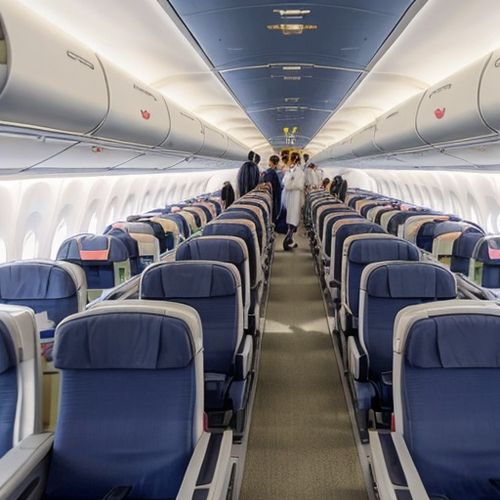
By Lily Simpson/Apr 6, 2025

By William Miller/Apr 6, 2025

By Joshua Howard/Apr 6, 2025

By Christopher Harris/Apr 6, 2025
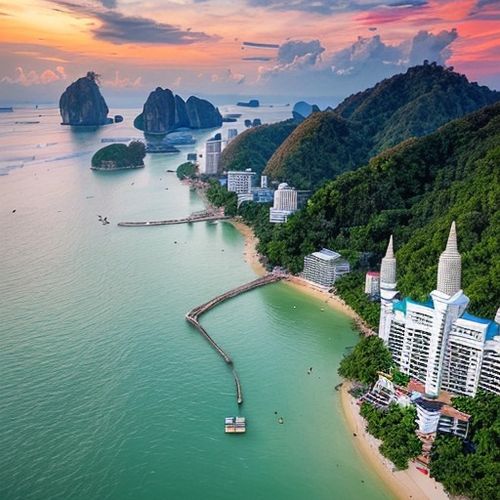
By Jessica Lee/Apr 6, 2025

By Benjamin Evans/Apr 6, 2025

By Michael Brown/Apr 6, 2025

By Olivia Reed/Apr 6, 2025

By Victoria Gonzalez/Apr 6, 2025
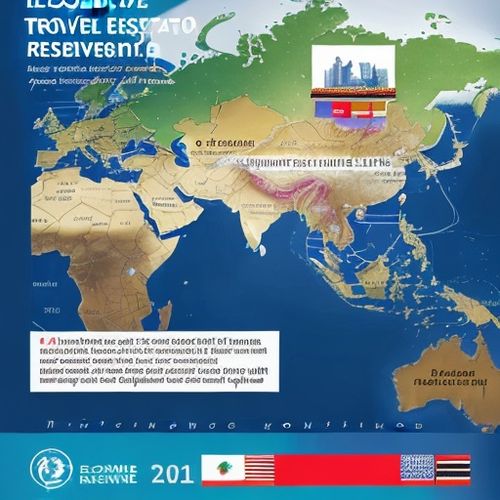
By Christopher Harris/Apr 6, 2025

By Emily Johnson/Mar 31, 2025
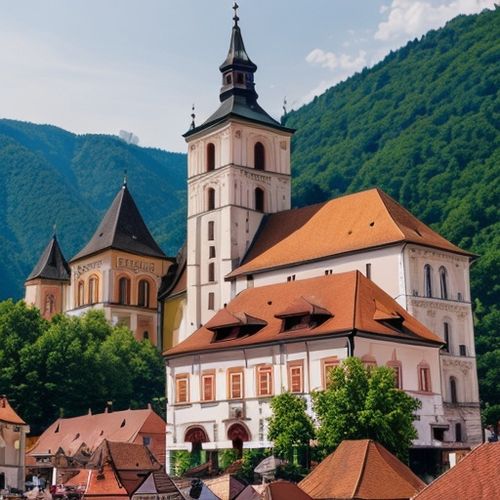
By Emily Johnson/Mar 31, 2025

By John Smith/Mar 31, 2025

By Emily Johnson/Mar 31, 2025

By Amanda Phillips/Mar 31, 2025
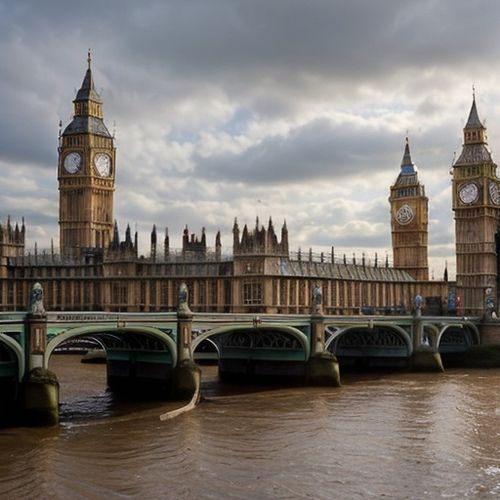
By Victoria Gonzalez/Mar 31, 2025

By Noah Bell/Mar 31, 2025
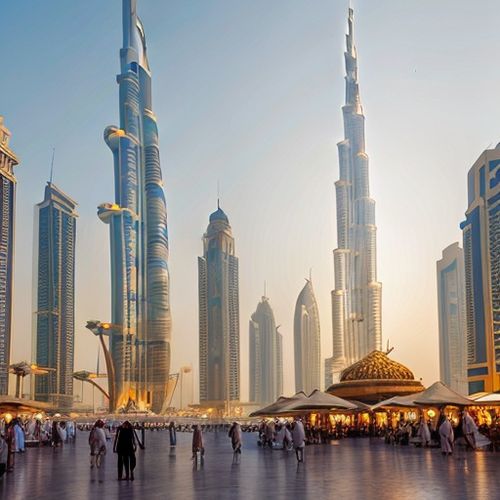
By Sarah Davis/Mar 31, 2025

By Laura Wilson/Mar 31, 2025

By Sarah Davis/Mar 31, 2025